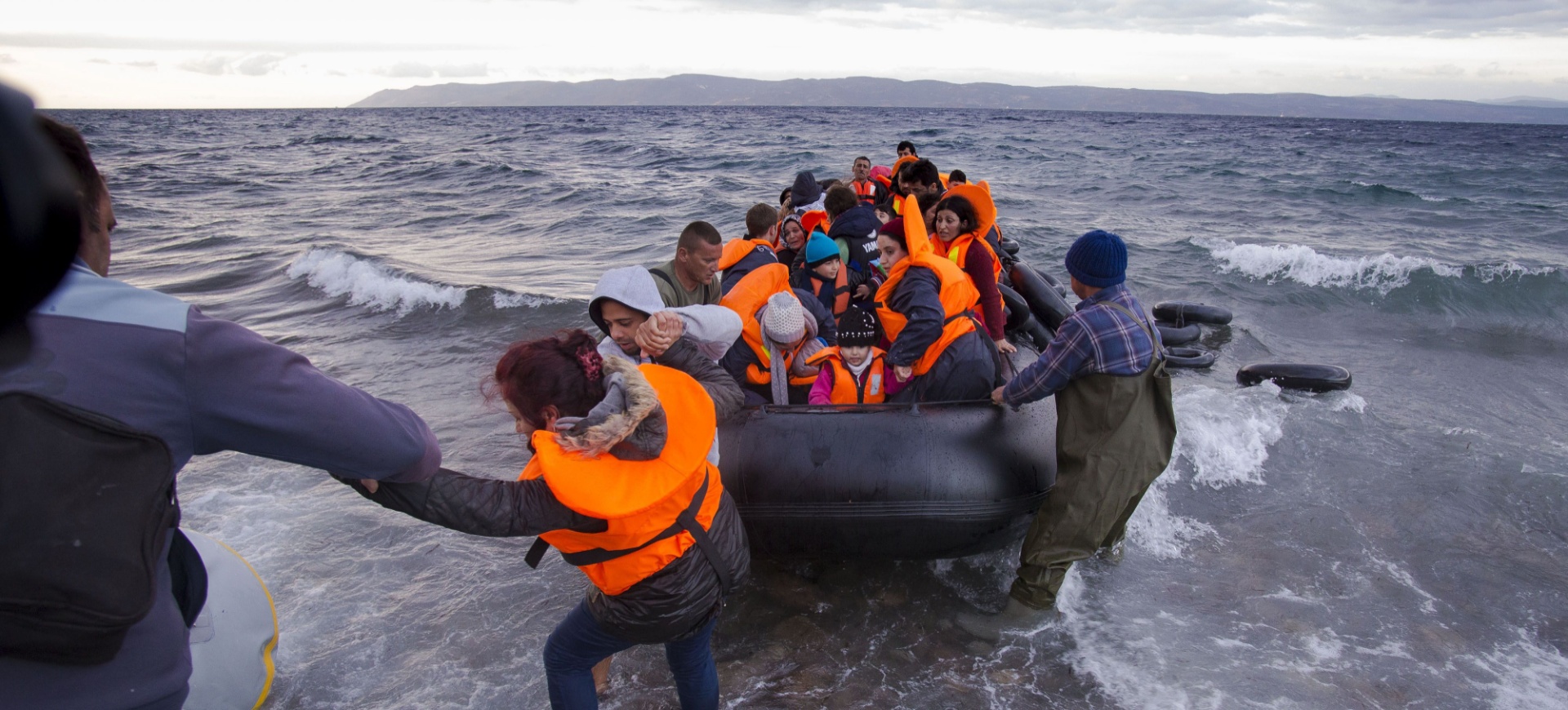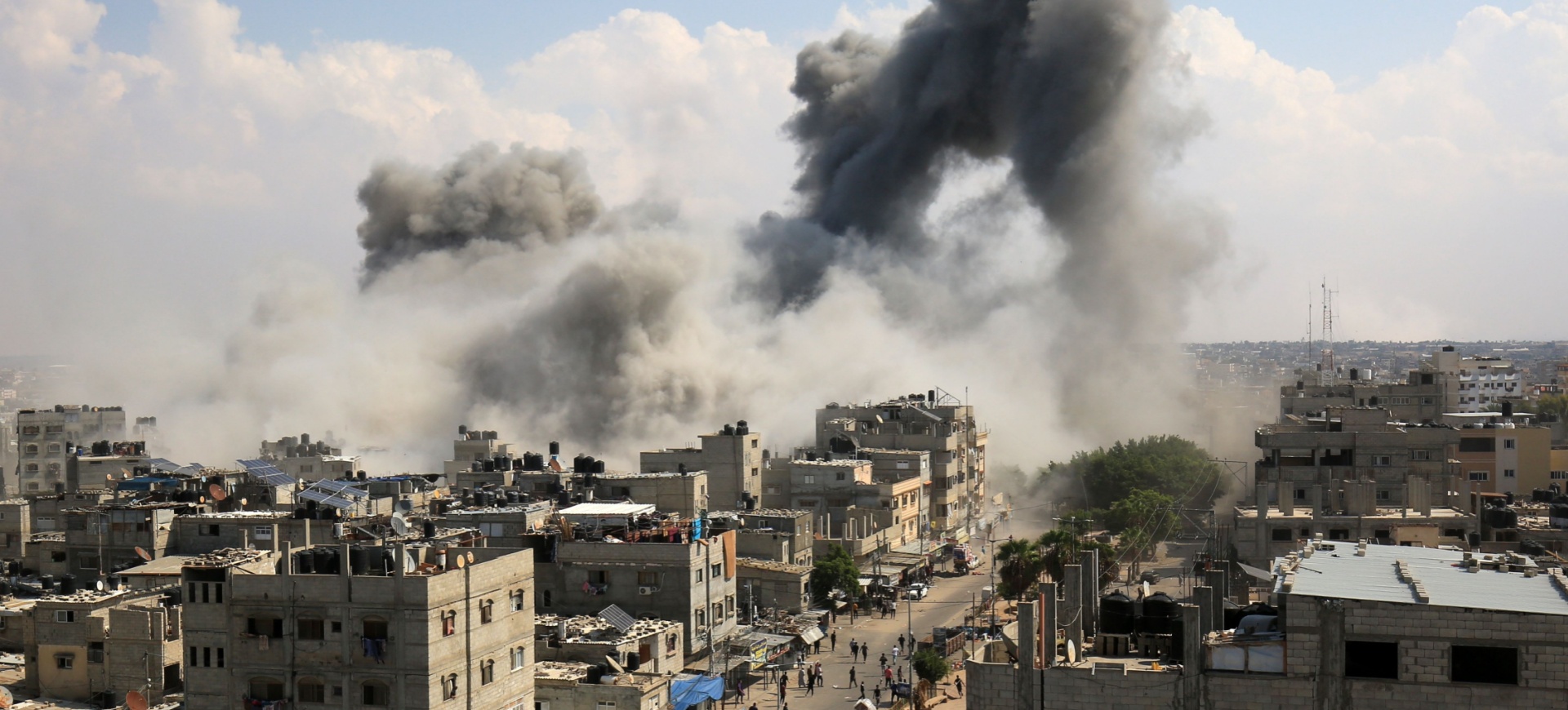A united front
The G20 leaders must come together to tackle financial ills – corruption, sanctions evasion and money laundering – from which malign actors benefit, and which hinder good governance and economic development
G20 members must come together at this year’s New Delhi Summit to address legal and regulatory asymmetries in anti-money laundering and counter-terrorist financing laws and regulations exploited by criminals, terrorists, and corrupt and malign actors responsible for corruption, human harm and misery. These groups often hide behind a corporate veil, making it difficult to identify, trace and seize illicit assets. Criminals are also poised to profit from evading financial and economic sanctions by creating complex corporate ownership structures, acting as nominee shareholders and directors, and facilitating the transfer of beneficial ownership of corporates and legal arrangements to concealed family members, connected persons and enablers. Countries must thus focus on tackling corruption-linked money laundering and sanctions evasion through beneficial ownership transparency, asset tracing and recovery.
Corruption and economic crime hinder good governance and economic development, hurting those living in poverty most. Trillions of dollars (approximately 5% of global gross domestic product) are lost to corruption and money laundering. Sanctions evasion has skyrocketed as countries apply sanctions in response to geopolitical conflicts in Ukraine, Africa and Southeast Asia. The threat of nuclear war highlights the need to counter proliferation financing. The Sahel has become the epicentre of terrorism, with terrorist activity rising in conflict zones and right-wing terrorism rising in Europe and the United States. These crimes are facilitated by the drive to digitalisation, with technologies such as generative artificial intelligence being misused. Tackling money laundering, sanctions evasion and corruption as well as collecting taxes on clean funds and repatriating stolen assets must remain priorities as countries recover from the Covid-19 pandemic and contend with financial instability and high inflation.
G20 leaders have addressed both asset tracing and recovery and beneficial ownership transparency at all but five summits since 2008. They also have supported the Anti-Corruption Working Group, established at the 2010 Seoul Summit.
Asset tracing and recovery were first discussed at the 2008 Washington Summit. Since then, G20 leaders have committed to strengthen the exchange of information and international cooperation to support asset recovery and seize the assets of corrupt actors and terrorists.
Beneficial ownership first featured at the G20 in 2009 when leaders tasked the Financial Action Task Force to strengthen standards on beneficial ownership transparency. On several occasions, they have called on countries to implement and strengthen compliance with those updated standards. They have recognised transparency and beneficial ownership of legal persons and arrangements as key tools to fight corruption, tax evasion, money laundering, terrorist financing and environmental crime.
Keeping focus
At their New Delhi Summit, G20 leaders will likely endorse the work of the Anti-Corruption Working Group and the outcomes agreed at the ministerial meeting on anti-corruption in Kolkata on 12 August. The working group has been central to maintaining the leaders’ focus on corruption by developing compendiums of good practice, accountability reports and documents detailing principles. G20 leaders have supported its work by setting the global agenda, calling on international organisations to advance work, allocating national resources to improve national laws and frameworks, and achieving international consensus on issues requiring cross-border cooperation. Since 2014, numerous beneficial ownership country guides have been developed and hosted on the World Bank’s StAR website. The meeting in Kolkata is the first such in-person meeting at the ministerial level to address corruption; the previous – and only – ministerial meeting was held virtually in 2020. This highlights the importance afforded to tackling corruption by India’s G20 presidency. The Anti-Corruption Working Group has been developing guidance documents on information sharing, asset recovery, law enforcement cooperation and the integrity of public sector bodies to be launched by the ministers.
G20 leaders must maintain this momentum to promote the full implementation of beneficial ownership transparency and asset tracing and recovery, sanctions evasion and money laundering measures. They should consider additional commitments to develop common global data standards to facilitate sharing beneficial ownership information and complying with mutual legal assistance requests. They should also commit to increasing resources for greater use of information and communications technologies to improve cooperation and information sharing between domestic and international law enforcement agencies and with the private sector. They should emphasise capacity building for law enforcement and competent authorities to learn not only about the risks and threats associated with new and emerging technologies but also about which technologies are available to enhance law enforcement action to investigate corruption and sanctions evasion and assist in recovering criminal assets. They should consider using a private decentralised ledger to promote the transparency of mutual legal assistance among competent authorities in G20 members. They should consider building a common framework for the return of assets linked to crime and corruption. The G20 should also task the FATF with updating its 2010 guide on using AML/CFT standards to tackle corruption and its 2011 report on laundering the proceeds of corruption.











